The Gambia’s eleven-member Truth, Reconciliation and Reparations Commission (TRRC) has heard public testimony from over 200 individuals since January 2019. Created by the 2017 TRRC Act, the Commission seeks to uncover the truth about human rights abuses that took place during Yahya Jammeh’s 22-year rule which ended when he was forced into exile in January 2017. With ongoing security sector reform, a constitutional review process nearing its conclusion and what are set to be highly contested presidential polls in late 2021, the TRRC is just one part of The Gambia’s complicated transitional justice process.
Expectations for what the TRRC can deliver are high. A 2018 Afrobarometer survey asked Gambians what they felt would be the two most important outcomes of the Commissions work. 43% wanted some form of reparations; 34% expected national peace, reconciliation, forgiveness and healing; 30% wanted an accurate record of human rights abuses by the past regime; and 28% wanted the prosecution and punishment of persons found guilty of crimes against humanity. A recent report by the Centre for Democracy and Development explores progress made so far, and the challenges that lie ahead as it works to submit its report, expected in early 2021.
Hearing the truth
The TRRCs public hearings are broadcast live on television networks and streamed through Facebook and YouTube channels, with as many as 6,000 viewers tuning in to watch testimonies relating to some of the most notorious abuses or controversial issues. However, there are concerns about the adversarial approach used, particularly to question perpetrators, by the Commission’s Lead Counsel, Essa Faal – a controversial appointment given the lack of provision for such a role in the 2017 TRRC Act. Some have complained that this approach has meant that the process has become more about winning personal duels than establishing the truth. This discussion about who is winning the big personality clashes is also reflected on social media, where narratives about the TRRC are often shaped by political allegiances.
Supporters of the Alliance for Patriotic Reorientation and Construction (APRC) – the former ruling party – have been consistent in their opposition to the Commission, viewing it as a “witch-hunt” against Jammeh. While there is no evidence to support this claim, the TRRC continues to grapple with challenges posed by testimonies given by perpetrators turned victims or the non-appearance of key individuals still in positions of power in the current administration. In other instances, truths that have emerged have not found a widely receptive audience.
The testimony of Fatou Jallow, a former beauty pageant winner who detailed how she was raped many times by Yahya Jammeh received a mixed reception in The Gambia. Some reactions to the testimony, most notably those that opened questioned the veracity of her claims, highlighted the extent to which patriarchal views remain prominent in the country. But Fatou’s brave words shone an important spotlight on sexual and gender-based violence (SGBV), something that the TRRC has been working hard to do through its SGBV taskforce. As Jallowtold Al-Jazeera afterwards, “it would be a missed opportunity and very unfair to generations to come that we were not bold enough to make sure this part of our history is documented”.
Justice: delayed or denied?
For many Gambians, establishing the truth is simply the first stage of the process, and is only truly worthwhile if it lays the groundwork for a process of retributive justice that must follow. Journalist Mustapha Darboe represents a widely held view when he says that “even if they only prosecute a few people, one of those has to be Jammehgiven his all-encompassing control of the state, if Jammehis not prosecuted people will see the TRRC as a failure”.
However, testimony provided by four ‘Junglers’ – members of former President Yahya Jammeh’s elite force of secret operatives who meted out much of his extra judicial justice – has raised concerns about whether perpetrators will face justice for their actions. Despite admitting to direct involvement in the murders of several high-profile individuals and dozens of Ghanaian migrants, the four were subsequently released from prison. The decision to release them was taken by Ministry of Justice, without consulting the TRRC, on the grounds that they had been held without trial for almost two years. They can still face justice, if indicted in the TRRCs recommendations, but a lot of Gambians lost hope that the process would deliver real justice when the Junglers were released: it created a sense that people can say anything in their testimonies and then walk free.
Validation for victims
The inclusion of powers that allow the TRRC to demand reparations was an innovation and a learning from regional transitional justice processes in Sierra Leone and Liberia. But so far this has only happened on an ad-hoc basis. Regulations to guide the reparations process have been drafted and are expected to be introduced in the coming months.
So far, the government has deposited $1 million into the Victim Support Fund – from which reparations will be paid. More is expected from the sale of Jammeh’s assets – details of which were outlined in the Janneh Commission – but pressure will need to be sustained on the current administration to ensure it does so. According to the TRRCs interim report, its Victim Support Unit has registered 941 victims, but many more are expected to come forward as the process for applying for compensation becomes clearer. Ensuring that the reparations process continues after the Commission is critical. The newly created National Human Rights Commission would be well placed to take on the mantle. But transparency and accountability must be to the fore in any reparations scheme to avoid accusations of political bias.
Reconciliation vs politics
The TRRC is not only holding hearings. Indeed, the community dialogues, women’s circles and town hall meetings it has organised across the country, along with similar work done by civil society and community-based groups, has arguably done more for reconciliation than the national hearings.
Reconciliation at the national level is complicated by partisan politics. The coalition which defeated Jammeh, and which supported the transitional justice project, lasted only a few months before political infighting and a lack of a common enemy, broke it apart. President Barrow announced the creation of his political party – the National Peoples Party – marking his formal split from the United Democratic Party – the long-time opposition to Jammeh – in January 2020.
If Gambia moves to a 50%+1 voting system as the Constitutional Review Commission has proposed, it is unlikely a single party will win in the first round. Even though the APRC has said it will not align with any other political group, it could become a kingmaker in a run-off scenario given that it won 16% of the vote in the parliamentary elections in 2017. This would have serious ramifications for the implementation of the TRRCs recommendations.
Record, recommend, reform
Will the recommendations be implemented by the government? This is a question already being asked by Gambians concerned about current political inaction and frustrated at the poor provision of basic services. But arguably the more important question is whether the TRRC will make the right recommendations. Whilst political jockeying is not something that the Commission has any say over, it can ensure that it continues to listen to, and document, the experience of Gambians. In doing so the TRRC can create a historical record of the violations that took place under Yahya Jammeh and devise recommendations that a majority of Gambians can get behind and use to help push their country in a new direction.
“We are still, for the most part, governed by Jammeh era laws and institutions” says University of The Gambia lecturer Sait Matty Jaw. But done properly, the TRRC, as part of the wider transitional justice effort, can help drive a broader reform effort – if the political leadership is willing listen to what it has to say.
Idayat Hassan is the director of the Centre for Democracy and Development.
Jamie Hitchen is an independent researcher.
Culled from http://democracyinafrica.org

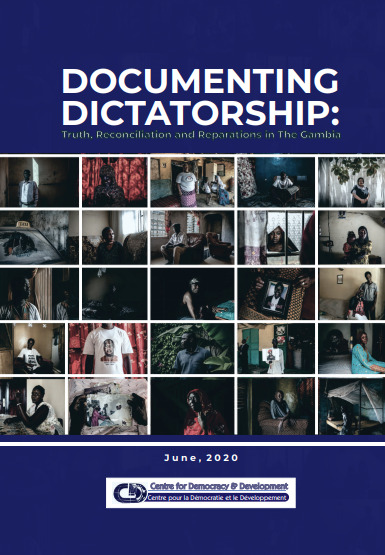


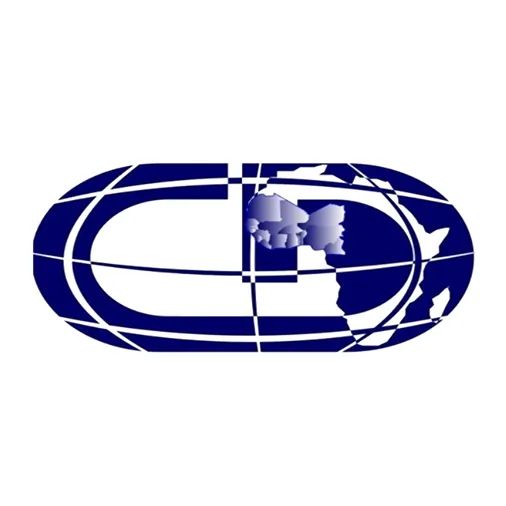


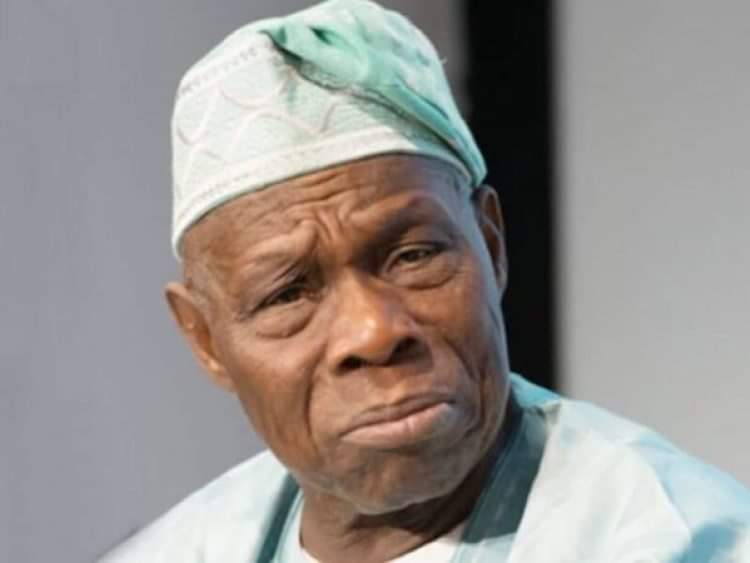
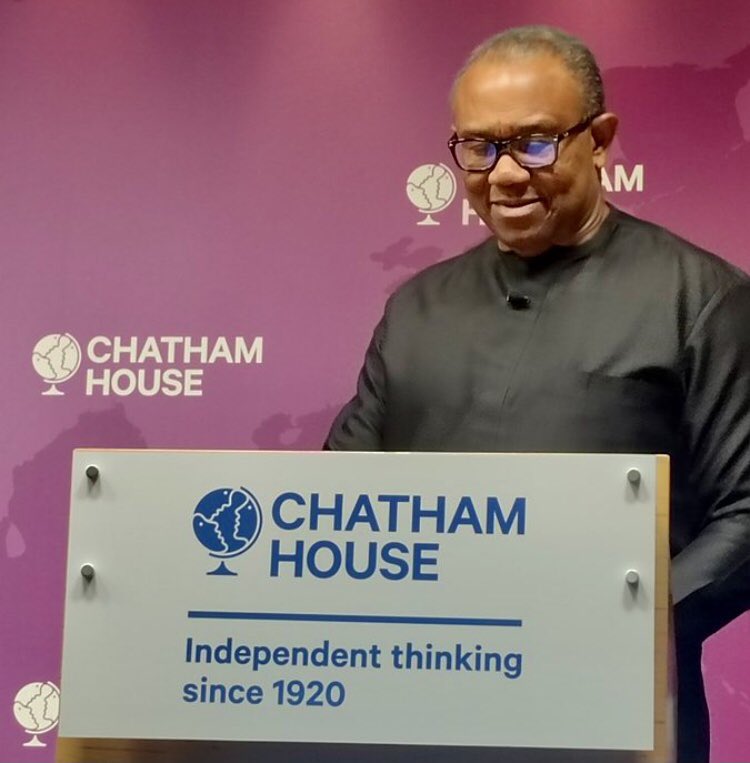
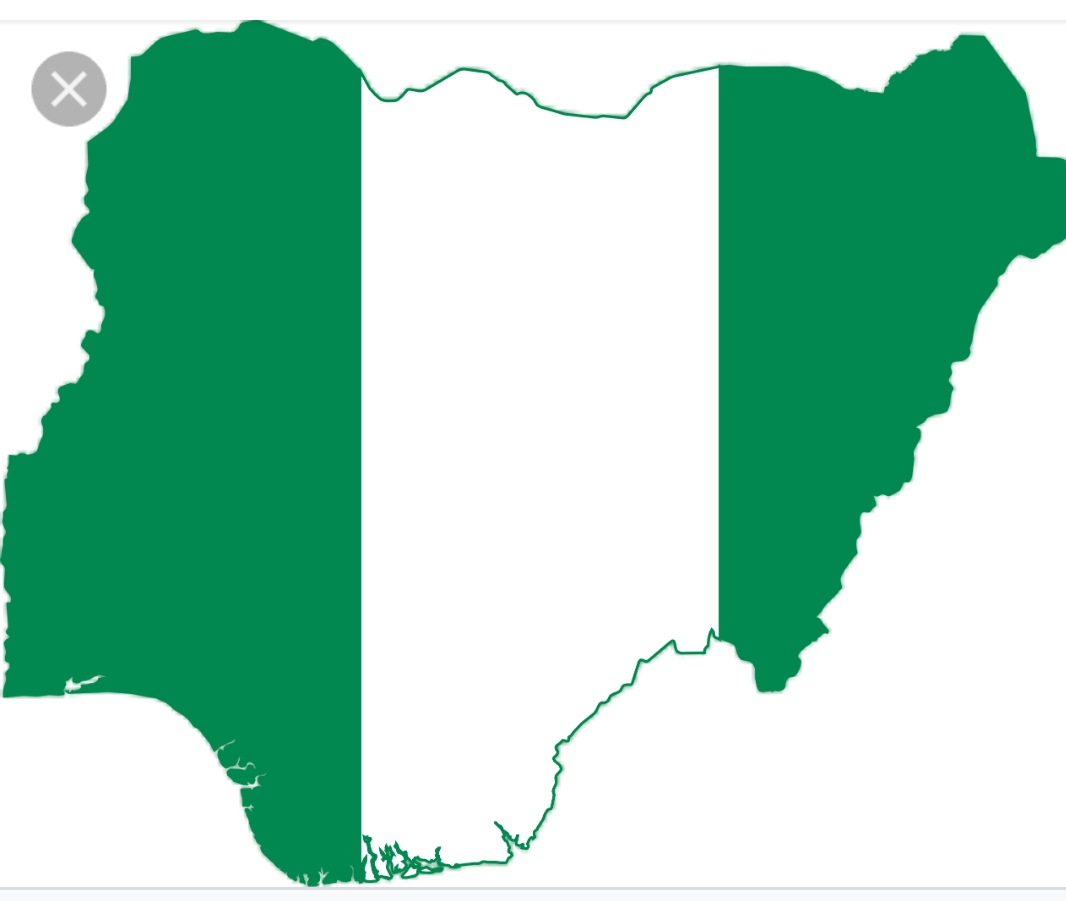












Hi there, its pleasant piece of writing regarding media print, we all understand media is a enormous source of information.